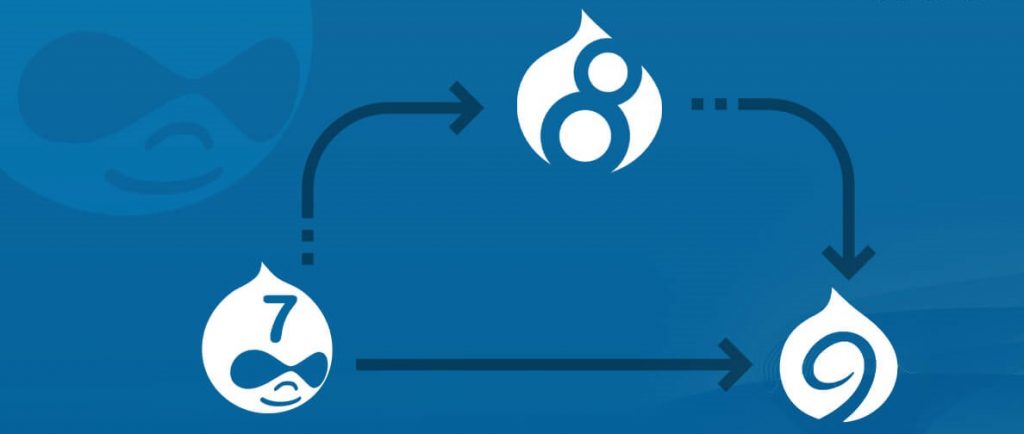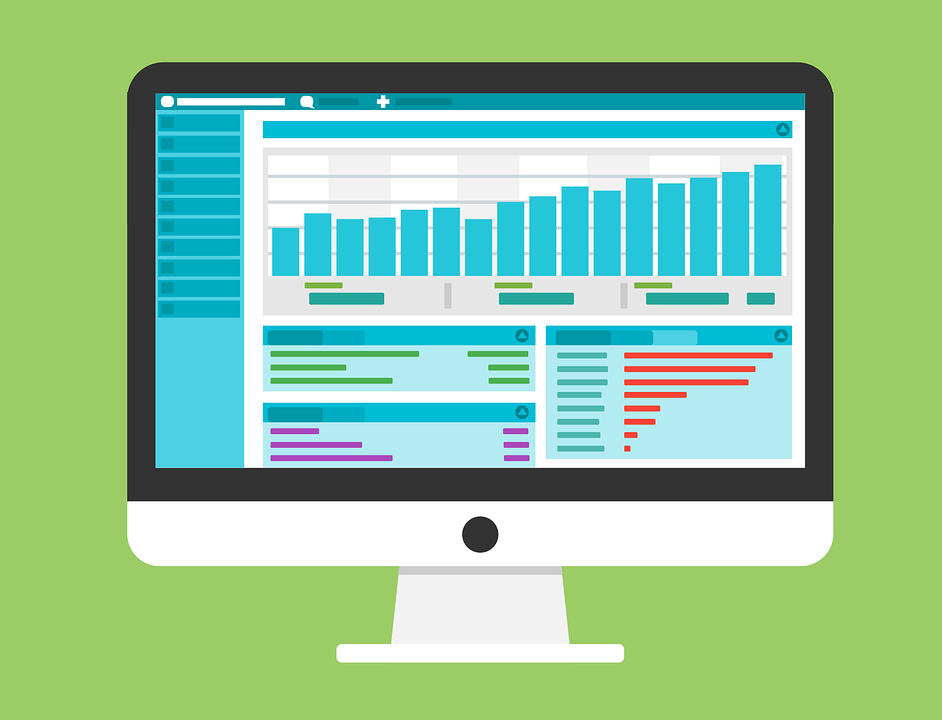
Maintaining the health and security of your website is paramount. For businesses leveraging the power and flexibility of Drupal as their Content Management System (CMS), regular updates are not merely a technical obligation but a strategic imperative. In this comprehensive guide, we will delve into the key reasons why your business should prioritise keeping its Drupal CMS up to date, emphasising the critical role it plays in ensuring security, performance, and future-proofing for a dynamic online environment.
Fortifying Digital Fortresses
Security is a paramount concern in the digital age, and websites are prime targets for malicious actors seeking to exploit vulnerabilities. Drupal, being an open-source CMS, benefits from a global community of developers and contributors continually scrutinising its code for potential security threats. Regular updates from the community include patches designed to fortify the system against the latest vulnerabilities.
Outdated CMS versions can expose organisations to significant risks, including unauthorised access, data breaches, and the injection of malicious code. By keeping Drupal up to date, businesses can proactively guard their digital fortresses, mitigating the potential impact of evolving cyber threats. In a time where data breaches can result in severe financial and reputational repercussions, the investment in timely updates becomes a cornerstone of a robust cybersecurity strategy.
Performance Optimisation
User experience is a critical factor influencing the success of any online presence. Website performance directly correlates with user satisfaction, engagement, and conversion rates. Regular updates to Drupal often include performance optimisations, addressing bottlenecks, refining code efficiency, and streamlining resource utilisation.
A sluggish website not only frustrates users but also impacts search engine rankings. Search engines like Google consider page speed as a ranking factor, and slow-loading pages may be penalised in search results. By keeping Drupal up to date, businesses can ensure that their websites deliver optimal performance, providing a seamless and responsive experience for visitors. This, in turn, contributes to improved user satisfaction, longer session durations, and higher conversion rates.
Bug Squashing
No software is immune to bugs, and a CMS is no exception. Bugs can manifest in various forms, ranging from minor glitches to significant issues affecting website functionality. Regular updates to Drupal include fixes identified through community feedback, user reports, and ongoing testing.
Staying current with updates ensures that your organisation benefits from a CMS that is stable, reliable, and free from known issues. This stability is critical for maintaining the integrity of the website, preventing unexpected errors, and providing a consistent user experience. In a competitive digital landscape, where users have little patience for technical hiccups, a stable website becomes a foundation for building trust and credibility.
Compatibility with Evolving Technologies
The digital landscape is dynamic, with evolving technologies shaping the way we interact with online content. Keeping Drupal up to date is essential for ensuring compatibility with the latest developments, including server environments, databases, and third-party integrations.
As companies adopt new digital tools to enhance their online presence, an outdated CMS can become a bottleneck. Regular updates ensure that your website remains compatible with the latest industry standards and advancements. This future-proofing not only facilitates seamless integration with emerging technologies but also positions your website to leverage new features and functionalities as they become available.
Leveraging Continuous Innovation
Drupal is an open-source CMS that benefits from a vibrant community of developers and contributors. With each new release, it introduces innovative features and functionalities designed to enhance its capabilities. These can include improvements to content management, user interfaces, and administrative tools, among others.
By keeping Drupal up to date, organisations can leverage these advancements to stay at the forefront of digital innovation. New features may empower content creators with more intuitive tools, offer enhanced security measures, or provide opportunities for greater customisation. Embracing these updates ensures that your website not only meets current standards but also evolves alongside the always changing online landscape.
Tapping into a Global Knowledge Pool
Drupal’s strength lies in its active and engaged community. Regular updates foster a sense of collaboration and knowledge-sharing among developers, site builders, and businesses using the CMS. Remaining current ensures that organisations keep connected to this global knowledge pool, gaining access to support forums, documentation and shared experiences.
When issues arise or when seeking advice on best practices, being part of this community can be invaluable. Its collective wisdom serves as a resource for troubleshooting, discovering new techniques, and staying informed about emerging trends. Businesses that actively engage with it are better equipped to navigate challenges, optimise their websites, and contribute to the ongoing evolution of the platform.
Compliance with Regulatory Standards
In various industries, companies must adhere to regulatory and compliance requirements. These standards often evolve to address emerging cybersecurity threats and privacy concerns. Regular updates to Drupal include security measures and best practices that align with evolving regulatory frameworks.
For websites handling sensitive data, such as those in healthcare, finance, or e-commerce, compliance is not just a legal requirement but a commitment to protecting user information. Keeping Drupal up to date ensures that your website remains compliant with industry regulations, reducing the risk of legal consequences and reputational damage associated with non-compliance.
Proactive Maintenance vs Reactive Remediation
While keeping a CMS up to date involves an investment of time and resources, it is far more cost-effective than dealing with the aftermath of a security breach or addressing major issues resulting from outdated software. Proactive maintenance and updates help prevent potential crises that could lead to significant financial losses and reputational damage.
In contrast, reacting to a security breach or a critical website issue can incur emergency expenses, including forensic investigations, legal fees, and damage control efforts. The cost of downtime, lost revenue, and the potential loss of customer trust can far exceed the resources invested in regular updates. Proactively keeping Drupal up to date is an investment in cost-efficiency, safeguarding your digital assets and preserving the long-term viability of your online presence.
A Strategic Imperative for Digital Resilience
Online change is constant and cybersecurity threats loom large, keeping your Drupal CMS up to date is not just a best practice; it’s a strategic imperative. Newpath can help your business start or continue its digital transformation journey. As an experienced Drupal development agency, we can ensure that proactive maintenance becomes a cornerstone of your ongoing success. Not only does it protect your organisation against cybersecurity risks, it also positions your website as a dynamic entity capable of meeting ever-changing online demands. Reach out to Newpath today to start the conversation.





